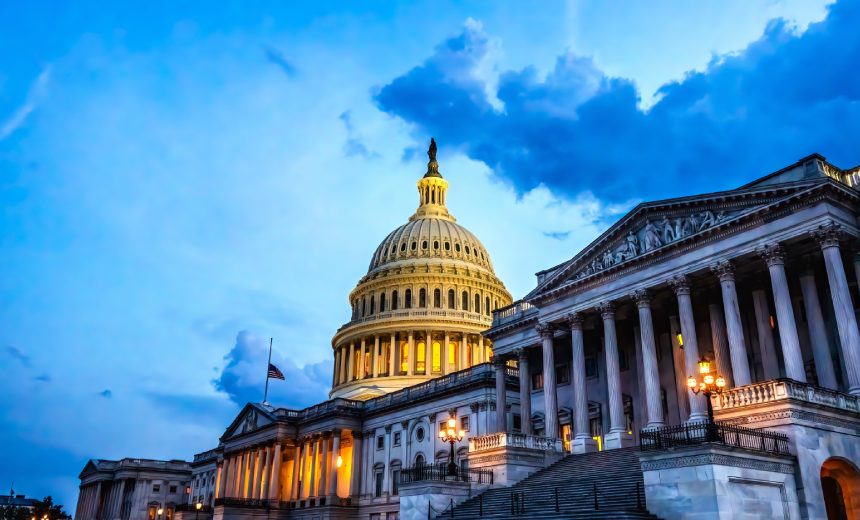Artificial Intelligence & Machine Learning,
Legislation,
Next-Generation Technologies & Secure Development
Senate Bill Maintains 10-Year Moratorium on AI State Regulations Amidst Controversy

In a significant development, a provision that imposes a 10-year halt on state regulations concerning artificial intelligence has been preserved in the Senate’s version of the current budget bill. This legislative move coincides with ongoing debates surrounding President Donald Trump’s expansive financial bill.
Despite the removal of more contentious elements affecting marginalized communities, the AI regulation freeze remains intact, affirming its controversial status. Elected officials indicated that this clause is intricately linked to funding mechanisms requiring a simple majority vote for any amendments. The opposing voices span the political spectrum, highlighting bipartisan concern regarding the potential erosion of state authority.
The legislative framework permits accelerated processing for budget bills, classified as reconciliation legislation, if they align with spending or revenue parameters. Any provisions deemed non-compliant face elimination during a vetting process known as the “Byrd Bath,” a critical step overseen by the Senate’s Parliamentarian.
Texas Republican Senator Ted Cruz, who spearheaded the initiative, has reportedly adjusted the proposal to enhance its viability by linking the moratorium to a $500 million federal allocation for AI deployment. This stipulation mandates states wishing to access these funds to temporarily suspend their AI regulatory measures.
The language included in the reconciliation bill allows the federal government to intervene in grants from the $42 billion Broadband Equity, Access, and Deployment program. This could set a precedent where the Trump administration could withhold assistance contingent on state compliance with the AI pause. Prominent figures within the administration support the initiative, arguing against a fragmented regulatory approach across states.
Concerns regarding the moratorium continue to be raised by legislators from both parties, fearing that it may hinder oversight capabilities and diminish accountability in the tech industry. Notable Democratic senators, including Maria Cantwell of Washington and Ed Markey of Massachusetts, have expressed their opposition, while Republican senators such as Marsha Blackburn of Tennessee have also voiced their dissent, highlighting the risks of a federal standard impeding state-level initiatives.
Various industry associations, including those representing insurance, have articulated their apprehensions about the sweeping implications of the proposed moratorium. Communications from affected groups indicate that extensive regulatory pauses could disrupt existing workflows crucial for fairness and transparency in insurance markets.
Despite these legislative hurdles, state governments continue to pursue their own AI regulatory frameworks. For example, recent bills approved in New York and Utah signal an ongoing commitment to establish clear guidelines for AI usage, reflecting broader concerns among the public. A Pew Center survey illustrates that a significant proportion of Americans remain overly concerned that the government may not effectively regulate AI, with less than one in five expressing worry about overregulation.